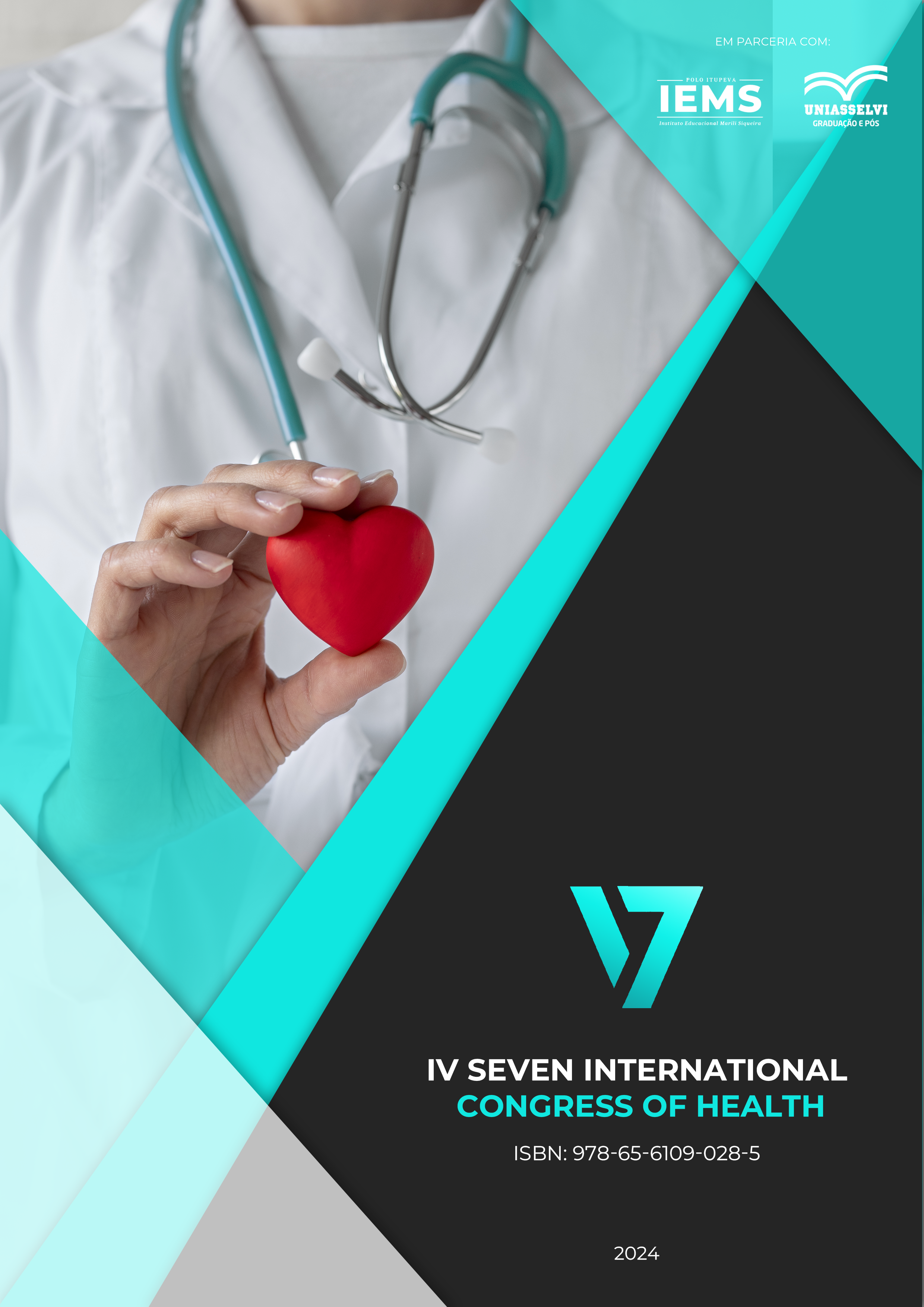The risks of self-medication among young women in Brazil
Keywords:
Self-medication, Public health risk, Women.Abstract
Self-medication is a significant public health problem, both in Brazil and worldwide, prevalent among women aged between 18 and 35 with a lower level of education (Arrais et al., 2016; Bertoldi et al., 2014). There is a known and worrying need to implement a policy that is more focused on controlling the administration of access to medicines prescribed by a professional in both the public and private sectors. This data survey aimed to discuss a population subject to public health risks due to self-medication. In the methodology applied in the research, keywords such as “self-medication”, “public health risk”, and “women” were used, and publications in the Open Access repository between 2008 and 2021 were reviewed, from where the important data was taken, based on the objectives of the research. Of the 16 articles selected during the research phase, 10 articles that did not meet the proposed criteria were eliminated. The analysis was based on 6 publications that highlighted the greater vulnerability of young and poorly educated women to the harm caused by self-medication, including drug intoxication, cardiac arrhythmias, chemical dependency, and other serious conditions (Vieira et al., 2011; Galato et al., 2012). Research confirms the urgent need for public policies that control access to prescription drugs, both in the public and private systems (Naves et al., 2010). Formal education and access to scientific information are crucial to reducing the practice of self-medication and minimizing its health risks (Paniz et al., 2008). The main health problems associated with self-medication include changes in blood pressure, chronic kidney disease, liver and splenomegaly, and allergic reactions. Therefore, the data suggests that it is imperative to develop and implement efficient public policies, as well as to increase investment in education and information about the risks associated with self-medication.


